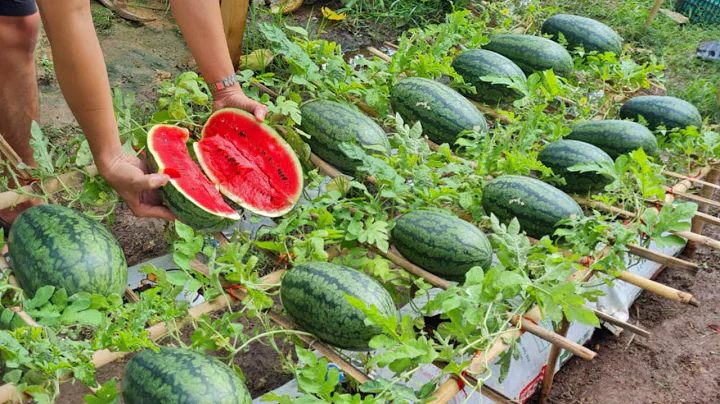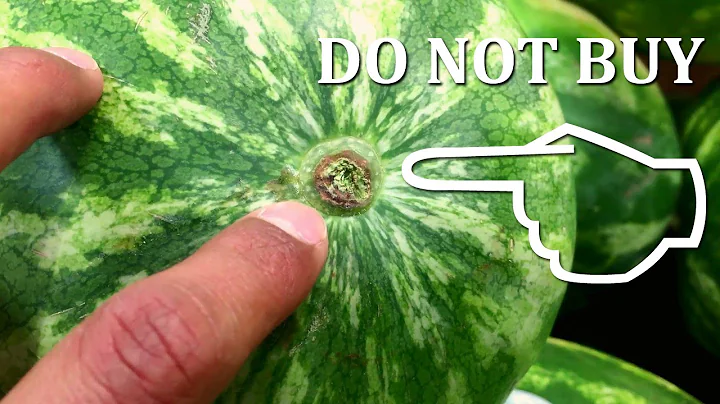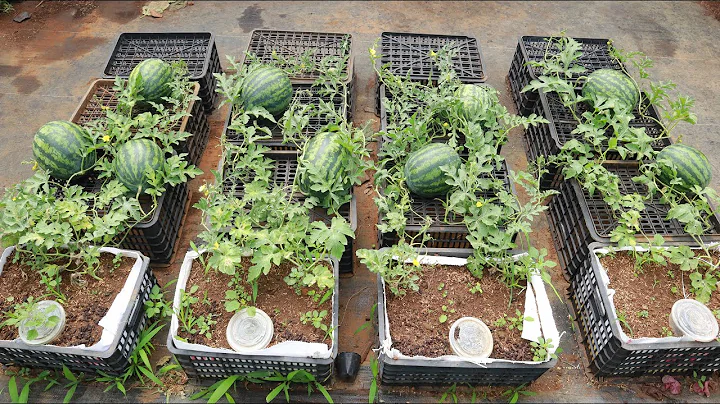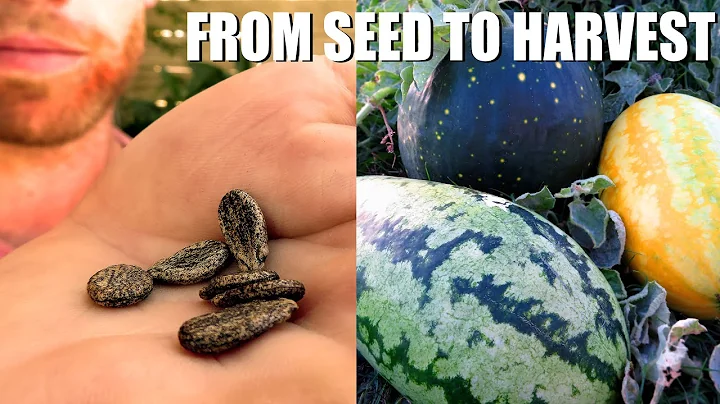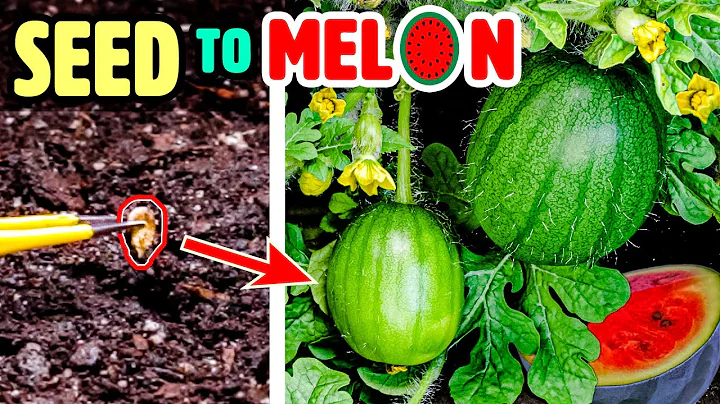In the beginning, watermelon was just a functional fruit, not sweet at all.
Even botanists would have trouble recognizing ancient wild watermelons. The shell of these watermelons is hard and rough, and the flesh is light green, bland and tasteless, and some even have a bitter taste. Although the watermelon at that time was quite unpalatable, it was extremely valuable. It has taken thousands of years of cultivation for watermelon to become as sweet as it is today.

Watermelon is native to Africa and has been spread throughout the African continent since ancient times. The watermelon seeds excavated by archaeologists in southwestern Libya are 5,000 years old. The watermelons found under the wall of a temple in Sudan were produced in 1500 BC. Archaeologists have also discovered various watermelon seeds and paintings in ancient tombs in Egypt 4,000 years ago. These varieties include wild watermelons and the long "ancestors" of modern "dessert" watermelons.

Oranges were a very rare aristocratic fruit in ancient times. At that time, oranges were golden in appearance, bright in color, and pleasing to the eye. The word "tangerine" in orange is a homophone of "auspicious", which means good luck and good fortune. Giving it as a gift can bring good fortune.
Oranges can be divided into portions and are easy to share. They are compatible with the traditional Chinese concept of harmony. In addition, oranges are sweet and popular among the public. For a long time, my country's ancient political, economic and cultural centers have all been located in the north. Oranges grow in the south and are easy to rot, making them rare. The scarcity of oranges is also an important reason why oranges are used as social tools.

In the TV series " Yongzheng Dynasty ", there are many scenes of gifting oranges. After Gengyao destroyed Jiangxia Town in 2012, he visited Zhang Tingyu in Beijing and gave him two baskets of tangerines. On the birthday of the biological mother of the fourth son and the fourteenth son, Concubine De, , Prince Yong also prepared twenty baskets of mandarin oranges for himself and the fourteenth son.
From these two plots, we can see that oranges have been widely used as a social currency in the upper class society of Qing Dynasty .
